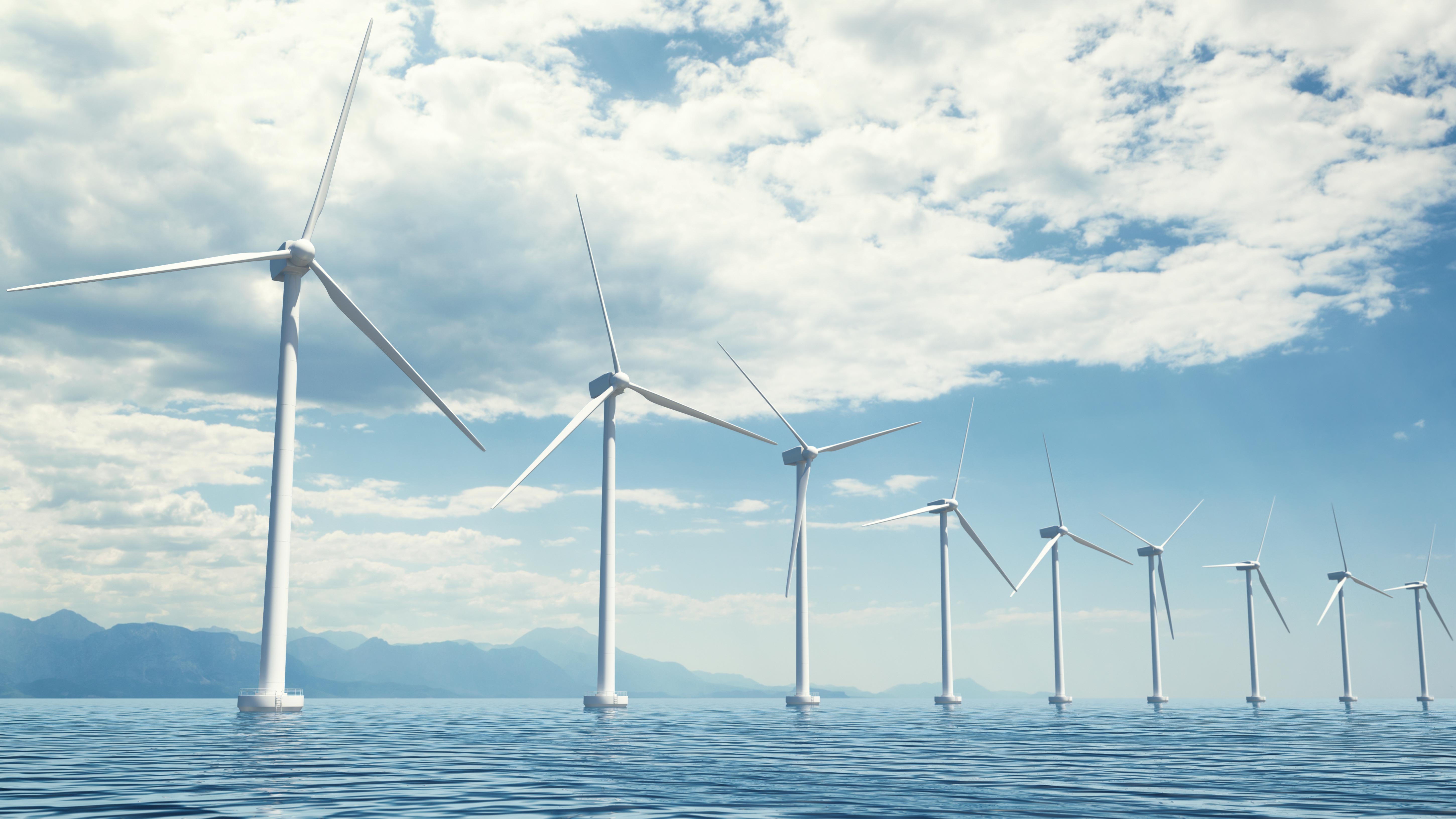Energy news round up: SSE to spend £4m per day on clean energy projects, and more

Over the last few days we've seen MPs back a bill that will help rebuild local economies, while promoting renewable energy generation. Energy supplier SSE is to lower its electricity prices and help expand green energy projects. Plus, the EU is on track to exceed its 2030 renewable energy target - and there's more. Here's our round-up of the biggest energy news this week...
Energy bill money could be invested locally
A new bill that would enable communities to sell locally generated electricity to local households and businesses has been successfully re-introduced to Parliament. The Local Electricity Bill, which was authored by not-for-profit organisation Power For People, would allow consumers to purchase energy from local groups - not just from nationally licensed utilities.
This would mean that the money people use to pay their energy bills would go directly to local economies, helping people rebuild after the coronavirus lockdown, while expanding the generation of clean electricity.
- Read more: Current News
- Reduce your energy bills: run an energy comparison
- The best energy deals
SSE to spend over £7bn on clean energy projects
Energy firm SSE is planning to spend more than £7 billion on low-carbon power projects over the next five years, according to The Guardian. This works out at £4 million per day, and includes the construction of a major onshore wind farm on Shetland, as well as a minor partnership in the Seagreen offshore wind farm, which is being developed by French oil company Total.
- Read more: The Guardian
‘No contact’ smart meter installation resumed
Four of the ‘big six’ energy providers are resuming installation of smart meters around the UK, according to comparison site Uswitch. E.on, Npower, British Gas and SSE have developed a ‘no contact’ method of installing meters - which essentially involves householders relocating to different rooms in the house while the engineer is installing the meter.
- Read more: Uswitch
EU on track to exceed its 2030 clean energy target
The European Union (EU) may well exceed its 2030 clean energy target, according to EU commissioner for energy, Kadri Simson, speaking at a press conference on 15 June. However, public support will also be needed to offset a fall in renewable energy investment due to the COVID-19 lockdown.
Member states' current energy plans will see the EU achieve a 33 per cent share of the energy market by renewable energy, exceeding the target by one per cent point. The bloc was previously expected to miss the target by three percentage points.
Sign up for breaking news, reviews, opinion, top tech deals, and more.
- Read more: Euractiv
Oil and gas sector aims to halve emissions by 2030
The UK oil and gas sector is aiming to slash its greenhouse gas emissions by 50 per cent by 2030. This forms part of a much larger objective to reach Net Zero by 2050. Currently, the UK oil and gas sector accounts for 4 per cent of the country’s GHG emissions, excluding actual consumption of oil and gas by consumers.
The plan includes electrification of offshore platforms via land interconnectors or on-site renewable energy generation. However, environmentalists are saying that the sector also needs to become responsible for the emissions generated by its products.
- Read more: BBC
SSE Airtricity to cut its prices from August
Irish SSE subsidiary, SSE Airtricity, is to cut its electricity prices by 5.1 per cent from August. That means a reduction in the cost of annual electricity bills of around £32 for customers with a standard credit meter.
The company is currently the second-biggest energy provider in Northern Ireland, behind Power NI, with around 167,000 domestic customers. Director of Home Energy, David Manning, said that the price cut will hopefully go some way to helping households in what's been a difficult period for everyone.
- Read more: Belfast Telegraph
Find the best energy deal for your home
We've partnered with MoneySupermarket to help you find the best energy deals in your area. Our energy comparison tool takes less than five minutes to use, and could save you hundreds on your energy bills. Save money now

Robin is a freelance journalist specialising in renewable energy, environmental issues, climate change and transport. He's written for Renewable Energy Magazine for almost a decade, covering all sub-sectors of the global renewable industry - from onshore and offshore wind, solar PV and solar thermal energy, to biomass, anaerobic digestion (AD), geothermal, energy efficiency and smart technology, electric vehicles and hybrids, and much more.
